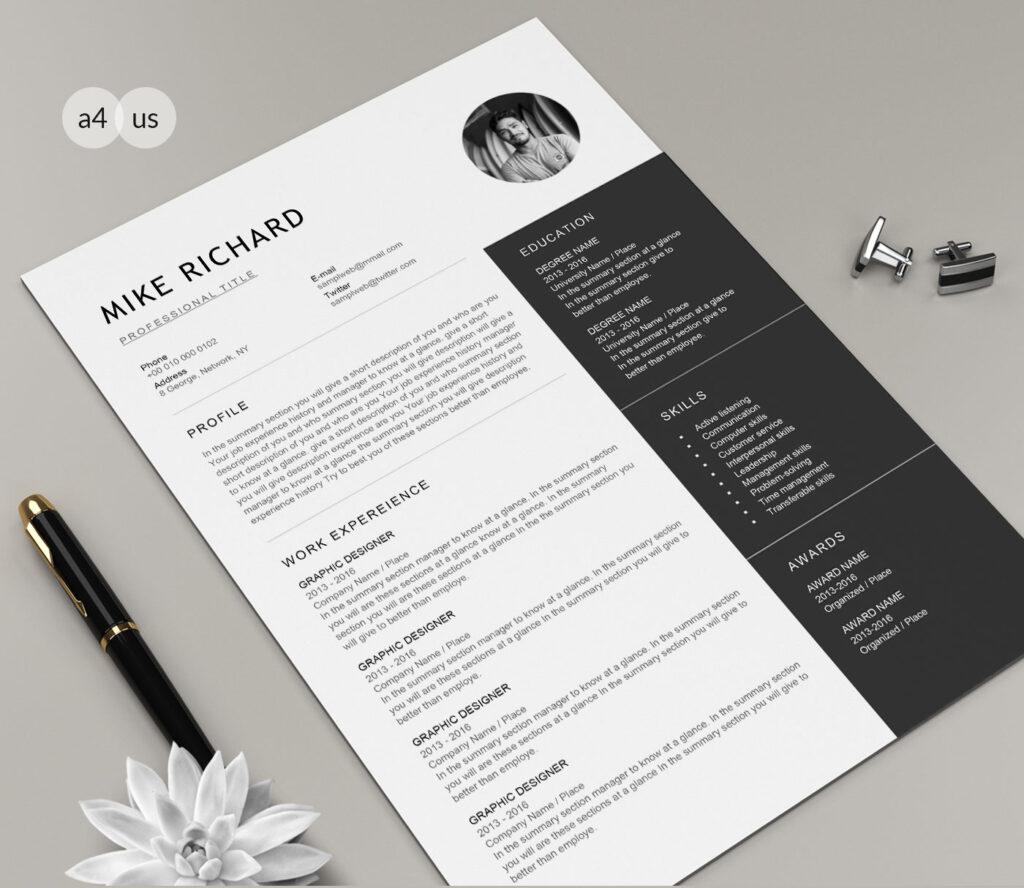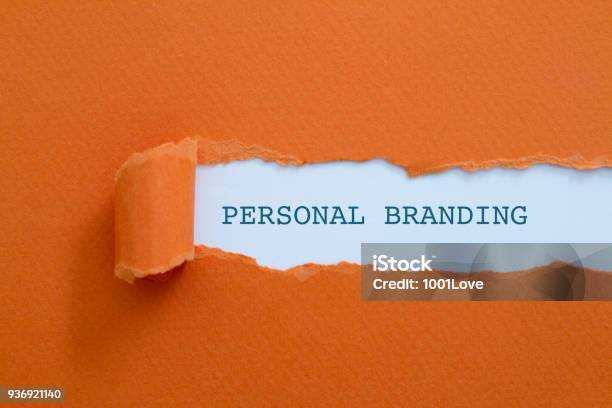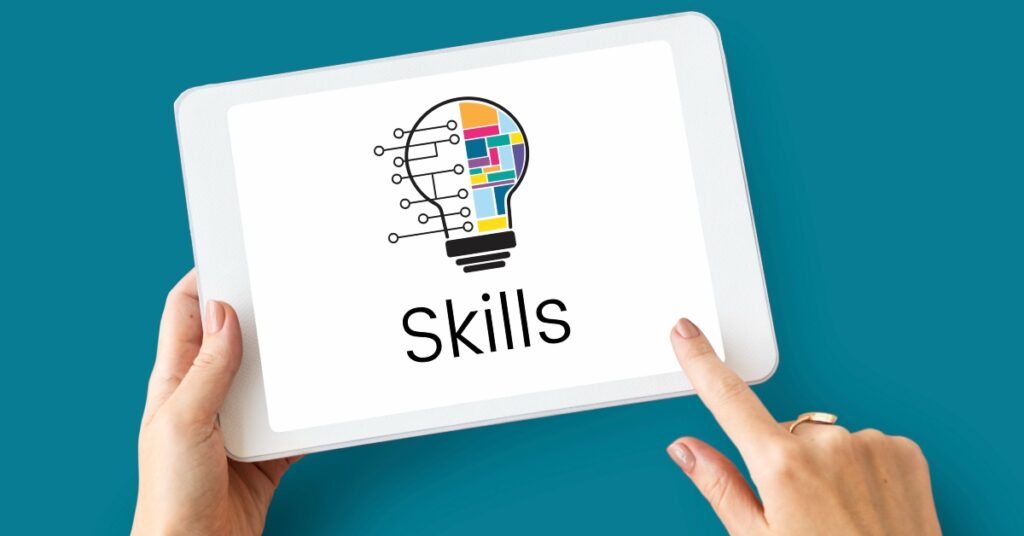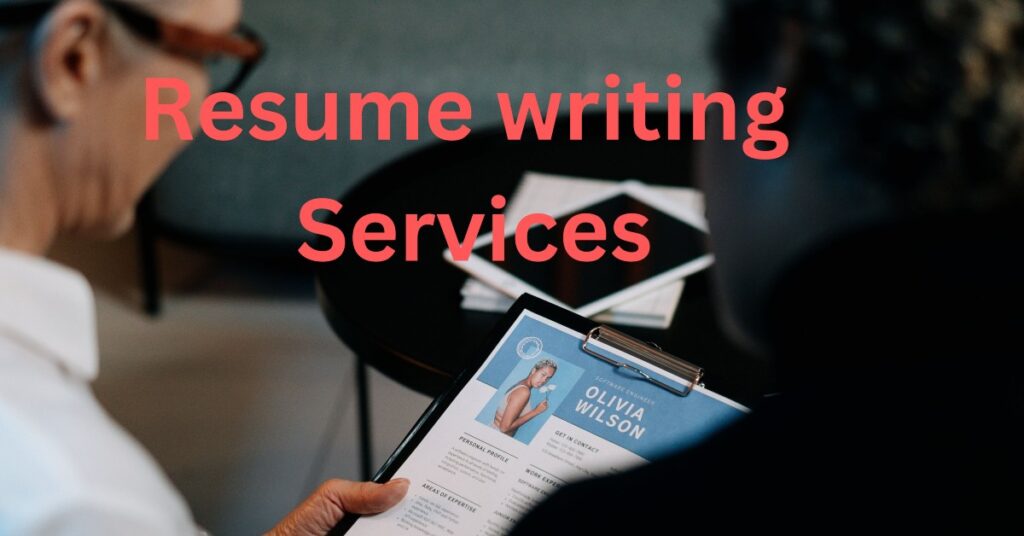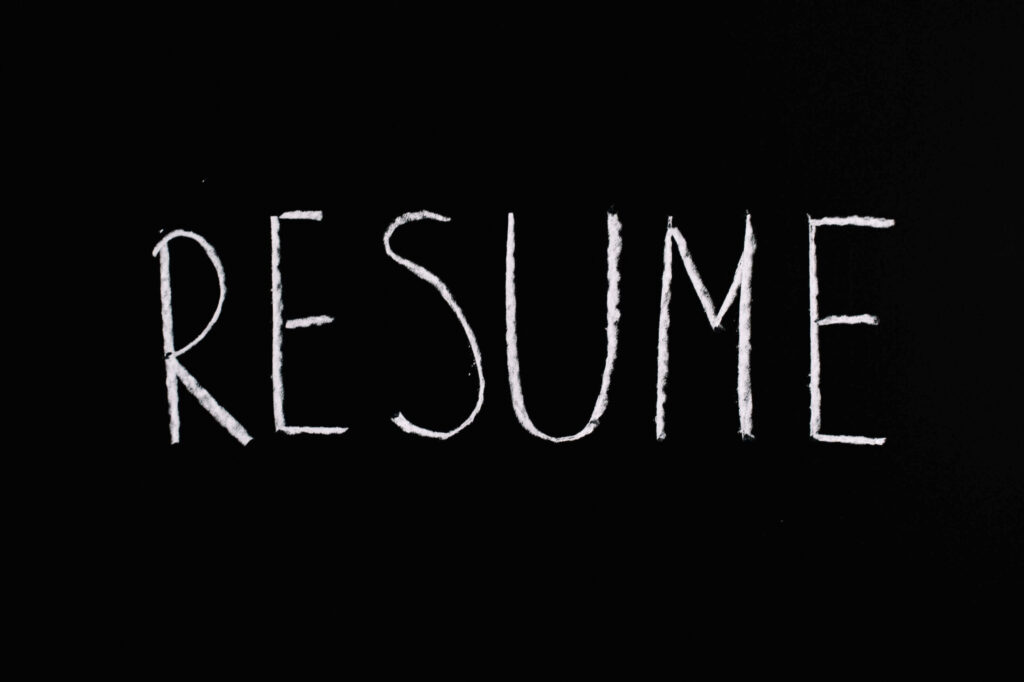What is experienced professional’s resume? And what its purpose?
An experienced professional’s resume is a document that outlines the work experience, skills, education, and accomplishments of a person who has several years of professional experience in their field. The purpose of an experienced professional’s resume is to showcase their skills and achievements to potential employers in order to secure new job opportunities or career advancement.
Unlike a resume for an entry-level position, an experienced professional’s resume typically emphasizes their work experience and career accomplishments. The resume should include detailed descriptions of their previous roles, highlighting key achievements and responsibilities that demonstrate their expertise in their field. The goal is to show employers that the candidate has a proven track record of success and can bring valuable experience to a new role.
In addition to work experience, an experienced professional’s resume may also include education, certifications, professional development courses, and memberships in relevant professional organizations. It’s important to tailor the resume to the specific job being applied for, emphasizing the skills and experiences that are most relevant to the position.
Overall, an experienced professional’s resume is an important tool for job seekers who want to showcase their experience and expertise to potential employers, and to position themselves for new career opportunities.
Resume Writing for Experienced Professionals
As an experienced professional, you have years of work experience and a wealth of knowledge in your field. However, crafting a resume that effectively communicates your skills, accomplishments, and value to potential employers can be a challenging task. Here are some tips for writing a strong resume as an experienced professional.
Emphasize your most recent work experience.
When writing your resume, it’s important to highlight your most recent work experience, as this is typically the most relevant to potential employers. Start with your current or most recent position and work backwards, listing each previous role in reverse chronological order.
For each position, include a brief summary of your key responsibilities and accomplishments. Be sure to use strong action verbs and quantify your achievements whenever possible. For example, instead of saying “managed a team,” say “successfully led a team of 10 employees, resulting in a 20% increase in productivity.”
Highlight your achievements.
As an experienced professional, you likely have a long list of accomplishments that you can highlight on your resume. These may include awards, recognition, successful projects, and other notable achievements. Be sure to include these in your resume, as they demonstrate your expertise and value to potential employers.
When listing your achievements, be specific and provide details whenever possible. For example, instead of saying “increased sales,” say “developed and implemented a sales strategy that resulted in a 30% increase in revenue over a 12-month period.”
Showcase your skills and expertise.
In addition to your work experience and accomplishments, your resume should also highlight your skills and areas of expertise. This may include technical skills, software proficiency, language fluency, and other relevant competencies.
Be sure to tailor your list of skills to the specific job you’re applying for, emphasizing those that are most relevant to the position. For example, if you’re applying for a marketing role, you might highlight skills like SEO, PPC advertising, and social media marketing.
Include relevant education and certifications.
As an experienced professional, you likely have a solid educational background and may have earned certifications or completed professional development courses. Be sure to include this information on your resume, as it demonstrates your commitment to ongoing learning and development.
List your degrees and certifications in reverse chronological order, starting with your most recent credential. Be sure to include the institution, degree or certification earned, and the date of completion.
Tailor your resume to the job.
Tailor your resume to the job.
Finally, it’s important to tailor your resume to the specific job you’re applying for. This means highlighting the skills and experiences that are most relevant to the position, and using keywords and phrases that match the job description.
Before submitting your resume, review the job description carefully and make any necessary changes to your resume to ensure that it aligns with the requirements of the position. This will increase your chances of being selected for an interview.
A dummy format for the resume of experienced professionals
A resume for an experienced professional typically focuses on highlighting their extensive work history and achievements in their field. Here’s an example of a typical format for a resume for an experienced professional:
[Full Name]
[Address]
[Phone Number]
[Email Address]
Objective or Summary:
[Insert one or two sentences summarizing your career goals and key qualifications, or a brief summary of your career highlights and accomplishments.]
Professional Experience:
[List your work experience in reverse chronological order, starting with your most recent position. For each position, include the following information:]
[Job Title], [Company Name], [Employment Dates]
[Key accomplishment or achievement]
[Key accomplishment or achievement]
[Key accomplishment or achievement]
[Job Title], [Company Name], [Employment Dates]
[Key accomplishment or achievement]
[Key accomplishment or achievement]
[Key accomplishment or achievement]
[Job Title], [Company Name], [Employment Dates]
[Key accomplishment or achievement]
[Key accomplishment or achievement]
[Key accomplishment or achievement]
Education:
[Degree] in [Major], [Name of Institution], [Graduation Date]
[Relevant coursework or academic achievements]
Skills:
[Skill 1]
[Skill 2]
[Skill 3]
[Skill 4]
[Skill 5]
Certifications and Professional Development:
[List any relevant certifications, licenses, or professional development courses you’ve completed.]
Professional Memberships:
[List any relevant professional organizations you belong to.]
References:
[Name], [Title], [Company]
[Phone Number]
[Email Address]
Keep in mind that it’s important to tailor your resume to the specific job you’re applying for, emphasizing the skills and experiences that are most relevant to the position.
Note: If you are looking for expert resume writing services then fell free to contact us!
Conclusion:
Writing a strong resume as an experienced professional requires highlighting your most recent work experience, emphasizing your achievements, showcasing your skills and expertise, including relevant education and certifications, and tailoring your resume to the job. By following these tips, you can create a resume that effectively communicates your value and expertise to potential employers, and positions you for new career opportunities.


